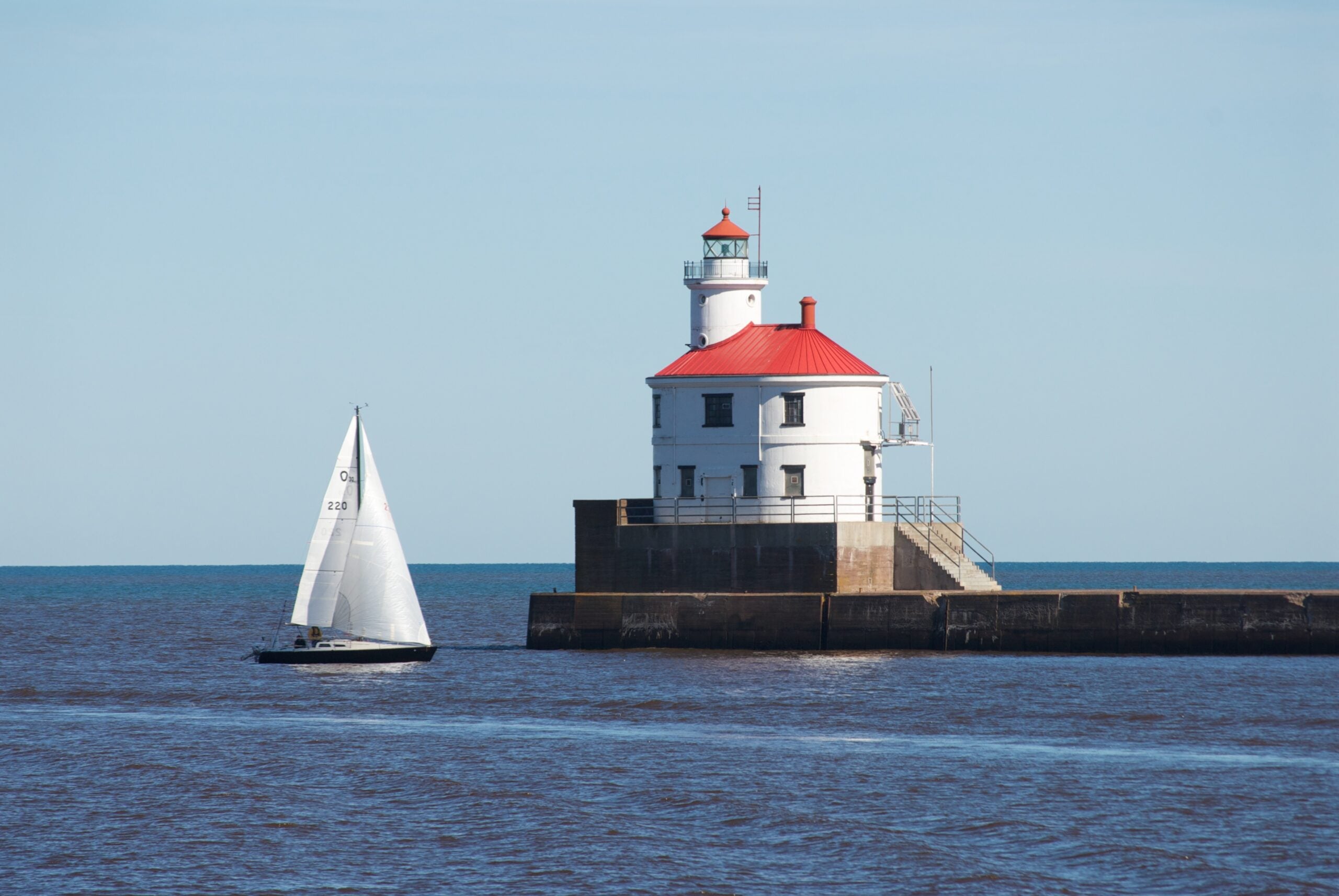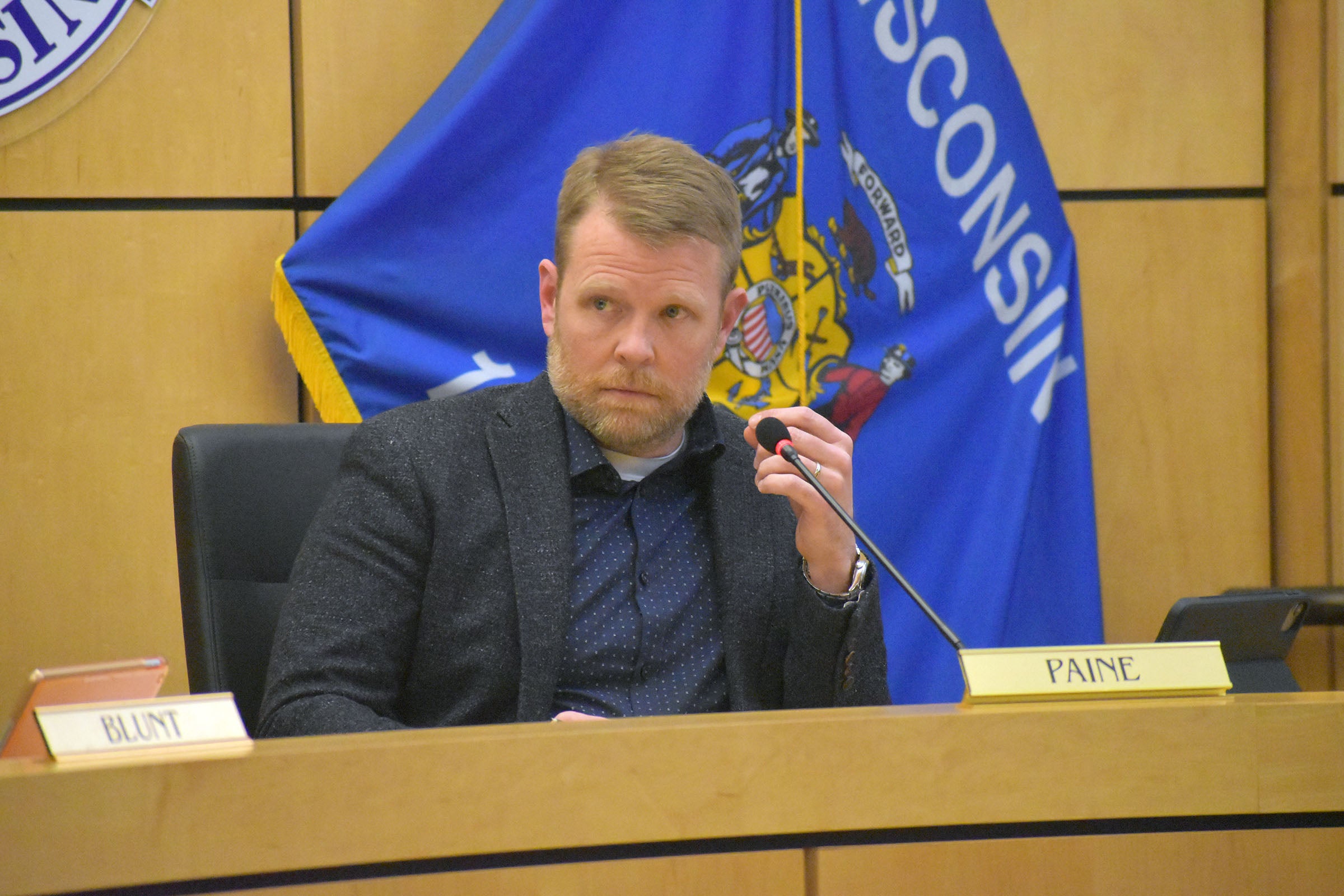For 135 years, Superior Water, Light and Power has served residents in northern Wisconsin.
The private water utility company is the only private water utility in the state, according to utility regulators and Superior Mayor Jim Paine.
“You could practically drink straight out of Lake Superior, but we’re paying more than anybody else,” he said on WPR’s “Wisconsin Today.”
News with a little more humanity
WPR’s “Wisconsin Today” newsletter keeps you connected to the state you love without feeling overwhelmed. No paywall. No agenda. No corporate filter.
City leaders have voiced frustration over infrastructure upgrades, environmental remediation and other costs that are being passed onto the utility’s ratepayers through rate hikes.
According to Superior Water, Light and Power, utility rates would increase in 2025 by 2.2 percent in electric rates, 17.1 percent in natural gas rates and 18 percent increase in water rates. For customers, this means paying approximately $26 more per month.
Superior City Councilor Garner Moffat said the city is paying double the state average for water rates.
“They can basically have a rate increase every two years, and they generally do keep reapplying for rate increases,” Moffat said. “I think the city can do it more affordably and have a better product.”
Now, city officials are exploring whether to buy the company’s assets, which Paine said would lower rates for residents.
“We have to demonstrate what this infrastructure is actually worth. Then, the Wisconsin Public Service Commission will decide,” he said.
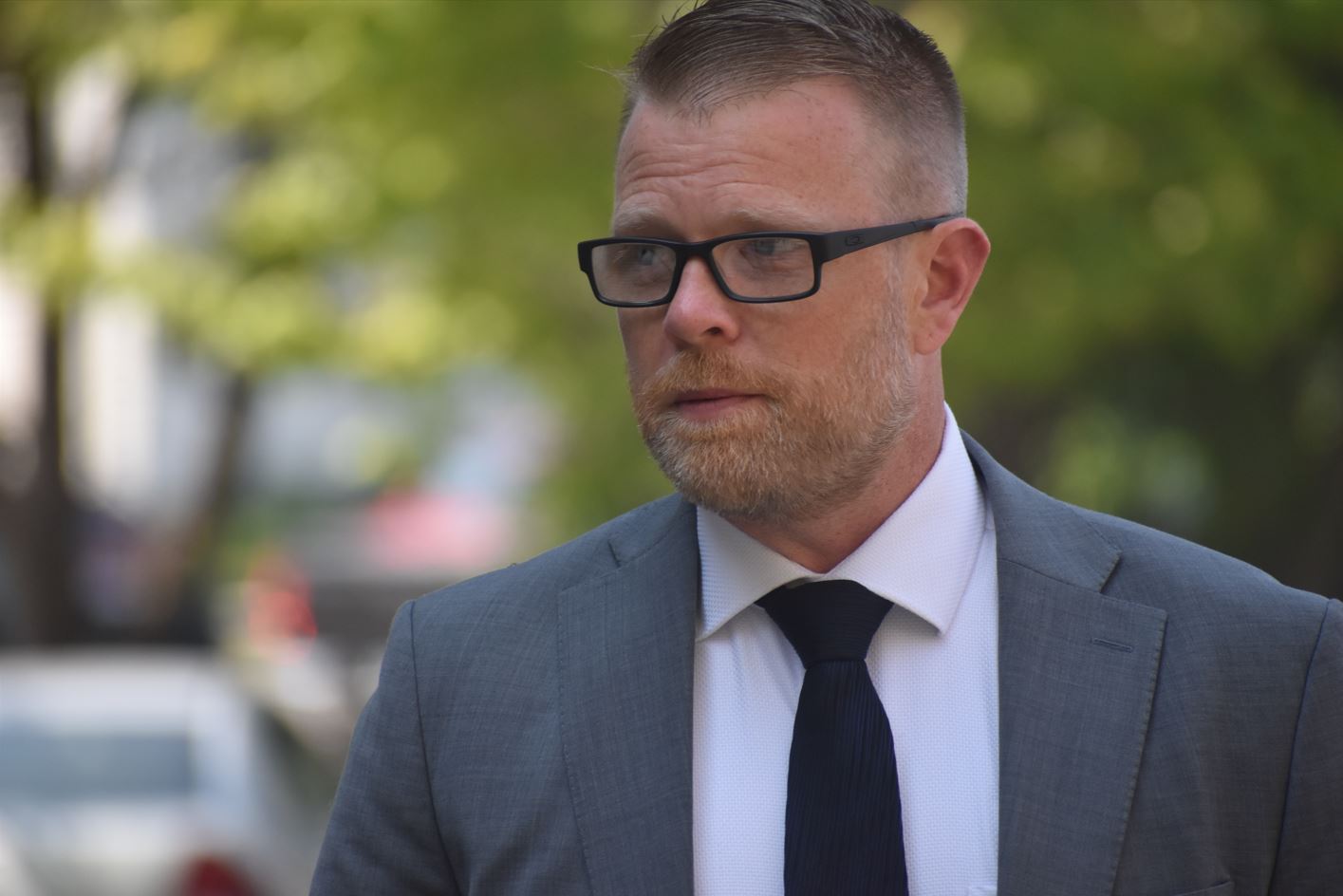
State law allows municipalities to acquire a utility, but the sale would require approval from utility regulators. The city plans to hire a consultant to determine the worth of those assets and a fair offering for the company. Prior to seeking regulatory approval, the city must first put a referendum before voters.
“If the voters feel that it’s in our best interest as a community to own our utility, we have the right to move forward with a purchase,” Moffat said.
Moffat said the city would likely bond or borrow money to purchase the utility’s assets.
Local leaders say it’s unlikely the company would be willing to negotiate a deal. Joscelyn Skandel, the utility’s manager of regulatory compliance, policy and rates, said in an email that she expects community members and the utility’s employees would need to hear more about the proposal.
“It is difficult to provide a formal response to the Mayor’s plans when the City is just starting to use taxpayer dollars to hire the outside consultants they need to learn about the required steps and costs of this plan. We recommend that one topic for the consultants’ study is to inform the community about how the City intends to raise the hundreds of millions of dollars needed to buy the utility,” the utility said in a statement.
Skandel also said company officials think the city should help the utility change a state law that bars Superior residents from accessing federal funds to replace lead pipes.
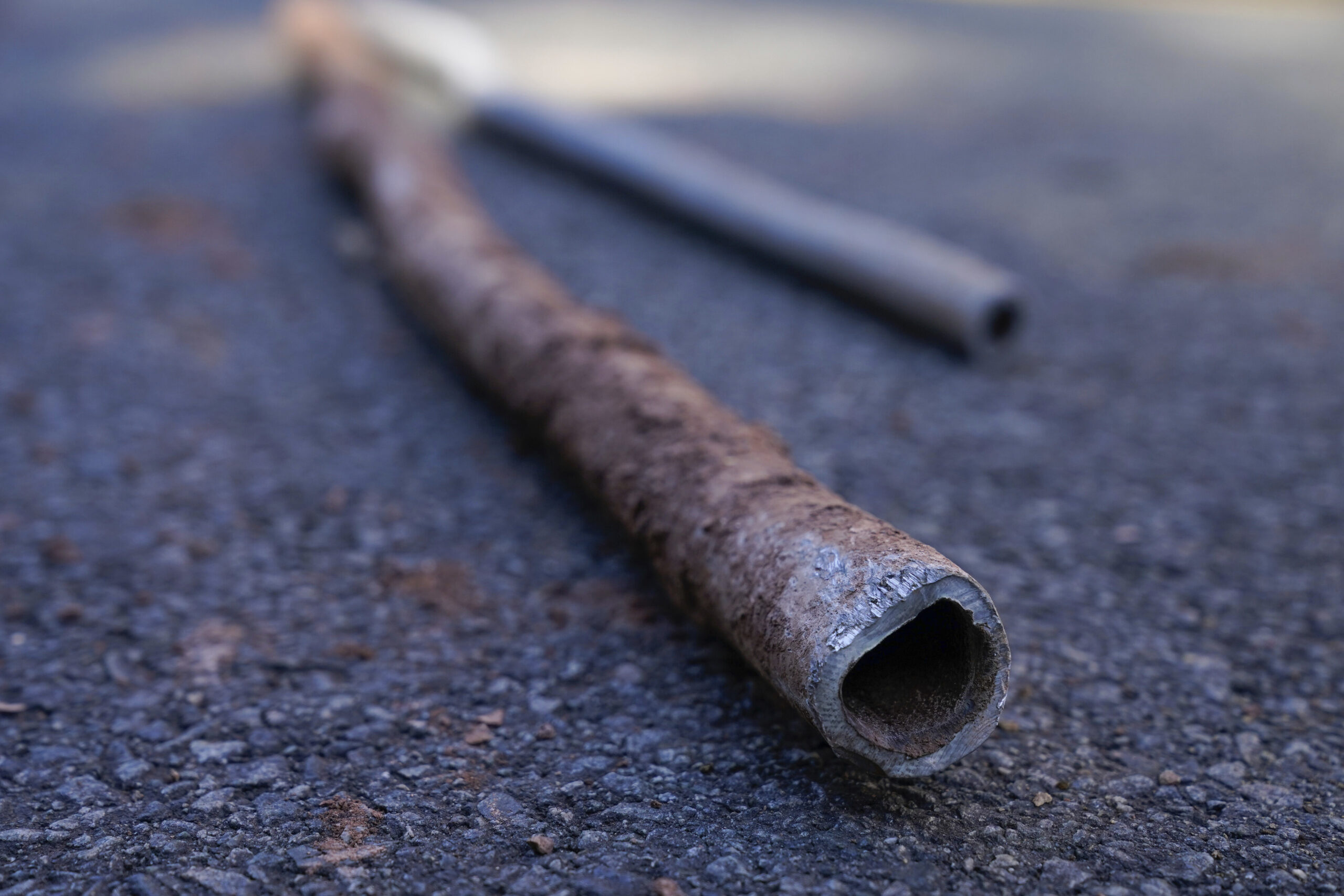
Under Wisconsin law, private water utility companies are ineligible to receive federal assistance or state grants to replace lead pipes. While the company is updating its inventory, the utility reported last year that it owned roughly 3,700 lead service lines. That doesn’t include lead laterals that run to a person’s home.
“Nearly every other Wisconsin community has access to these dollars, and a simple law change in 2025 can result in fair treatment for our customers,” the utility said. “The City has not committed to work with us on this legislation, but we hope they will step up and partner together to benefit Superior residents.”
Earlier this month, the city’s Public Works Committee discussed the potential sale and shared additional concerns, including lead line replacement.
“Even if the law changes, we will still have more access to state federal grants than the private utility would,” Paine said.
Superior wouldn’t be the first community to reclaim a private utility’s assets. Two decades ago, the city of Beloit and Wisconsin Power and Light Company — a subsidiary of Alliant Energy — reached an agreement for the community to purchase its water utility for around $21 million.
“Their rates have held steady,” Paine said.
During the October meeting, Superior City Councilor Jenny Van Sickle said the utility had identified at least 26 percent of its 10,000 water customers may have lead lines. State environmental regulators have previously said it may cost up to $10,000 per household to replace lead pipes.
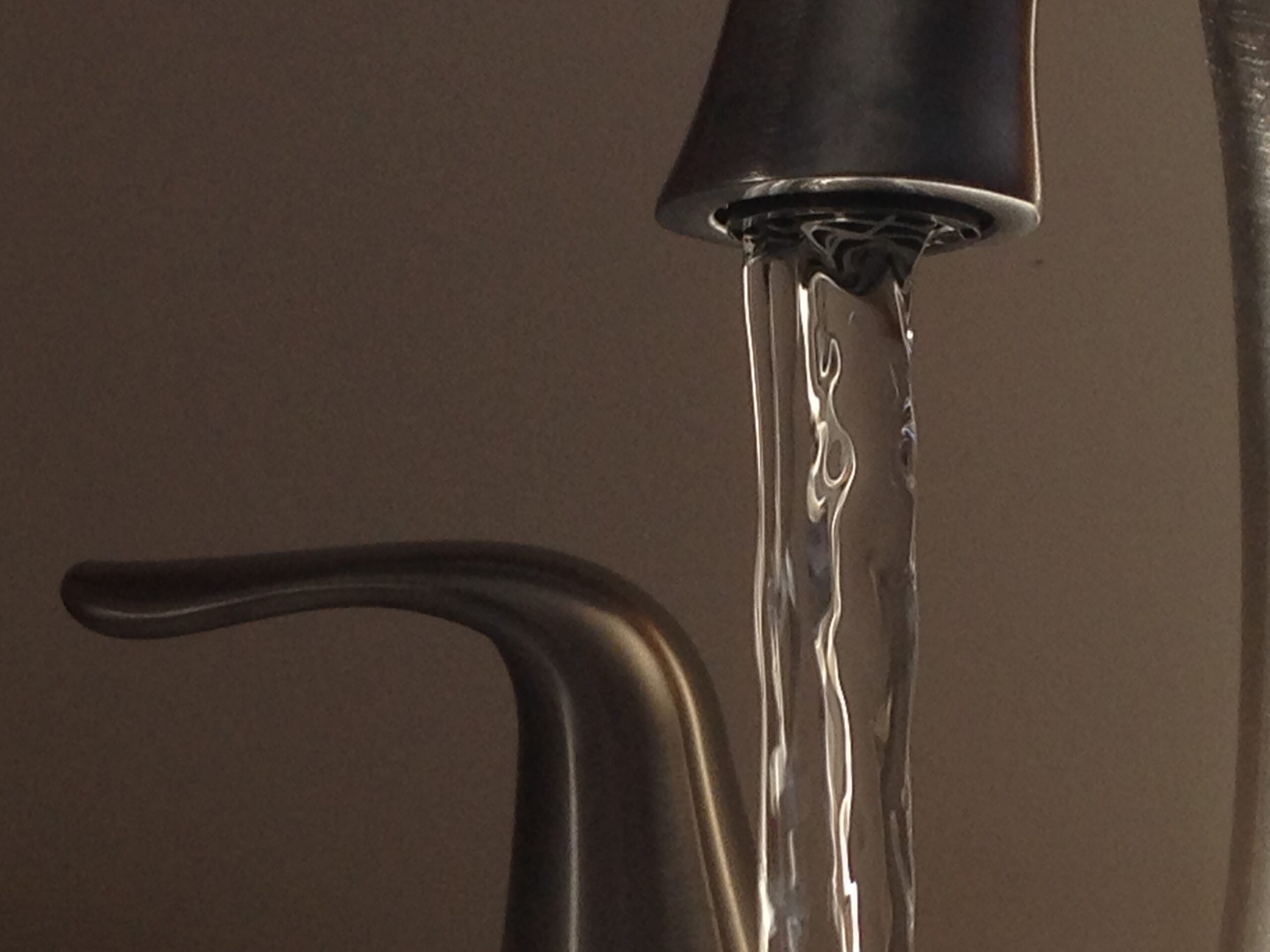
Some city councilors have also voiced concern about the pending multi-billion dollar sale of Allete, the utility’s Duluth-based parent company, to the world’s largest asset manager, BlackRock.
Van Sickle said state law protects the utility’s status as a monopoly. As a private utility, she noted the company typically receives a 10 percent return or profit on any investments.
“It’s really expensive, and the citizens have paid for it all,” Van Sickle said. “There’s a lot of support and help out there that we just don’t have.”
Earlier this month, the Biden-Harris administration announced communities nationwide must identify and replace lead pipes in the next 10 years. The EPA is announcing $2.6 billion in newly available drinking water infrastructure funding through the Bipartisan Infrastructure Law.
Local leaders say they don’t have a timeline for placing a referendum before voters on purchasing the utility’s assets.
Wisconsin Public Radio, © Copyright 2025, Board of Regents of the University of Wisconsin System and Wisconsin Educational Communications Board.

